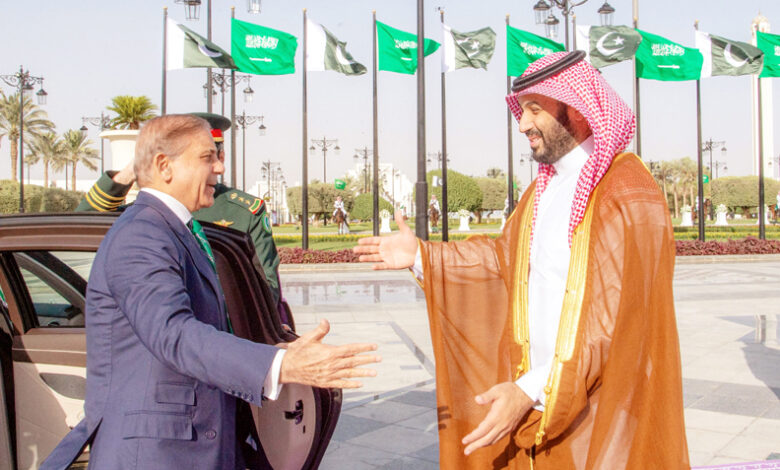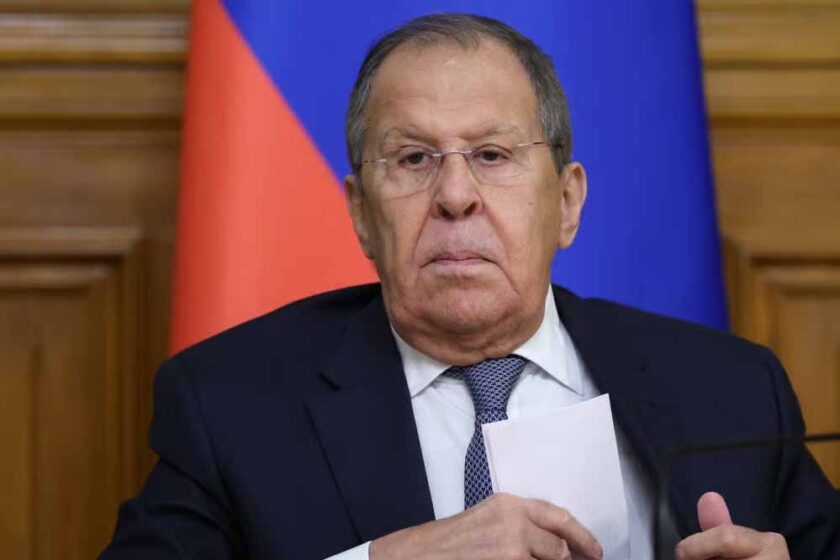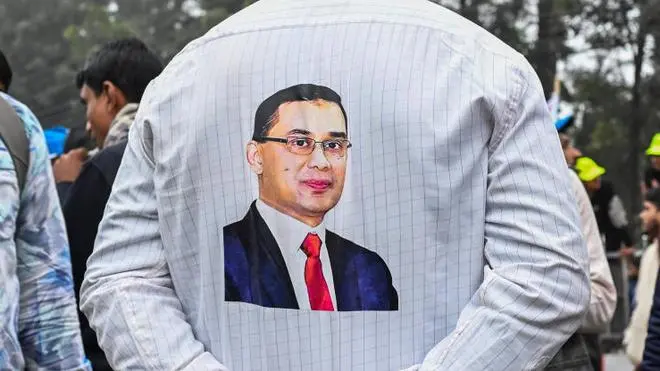New Delhi: A new military alignment taking shape among Pakistan, the United Arab Emirates, Qatar, and Azerbaijan has raised concerns in New Delhi, signaling potential shifts in the geopolitical and security equations across South and West Asia.
According to regional observers, this emerging alliance — modeled on the recent Pakistan-Saudi Arabia defense agreement, which ensures mutual protection in the event of external aggression — could evolve into a formidable strategic bloc. Though not yet formalized, sources suggest that an official announcement could come in the next few months.
A Strategic Realignment in the Region
The concept bears resemblance to the “Three Brothers” alliance of Turkey, Pakistan, and Azerbaijan — a pact that has already demonstrated coordinated military and political cooperation. Additionally, the Islamic Military Counter Terrorism Coalition (IMCTC), founded by Saudi Arabia and comprising over 40 Muslim-majority countries, provides a larger framework for such partnerships.
For India, these developments are a reminder of the tightrope diplomacy required to safeguard its strategic interests amid an evolving regional order. With Pakistan leveraging defense cooperation to rebuild its international relevance, the growing network of Muslim-majority nations around Islamabad poses a multi-layered challenge — military, economic, and diplomatic.
Implications for India
India’s foreign policy experts warn that such alliances, if realized, could embolden Pakistan with military support, training, and technology sharing, potentially upsetting the regional balance. India’s 2024 counter-terror operations following the Pahalgam attacks had already revealed divisions within the Islamic bloc, with Turkey and Azerbaijan backing Pakistan.
Analysts believe Pakistan’s diplomacy, bolstered by Turkey’s President Recep Tayyip Erdoğan’s ambitions of becoming a modern Islamic power center, is aimed at isolating India in international forums such as the UN.

India’s Strategic Response
Experts argue that India must go beyond traditional defense posturing and focus on a multi-dimensional response that includes:
- Strengthening ties with Gulf nations like the UAE and Saudi Arabia, where economic and cultural linkages already exist.
- Expanding defense cooperation with friendly states such as Greece, Armenia, and Cyprus, which have historically opposed Turkey and Azerbaijan.
- Enhancing Indo-Pacific and ASEAN collaborations to reinforce India’s presence in global security networks.
India’s growing partnership with Greece — Turkey’s long-standing rival — and its support for Cyprus’s territorial integrity have already been viewed as subtle countermeasures. Furthermore, New Delhi’s outreach to Armenia, which has strategic tensions with Azerbaijan, reflects a carefully calibrated balancing act.
The Road Ahead
Foreign policy commentators emphasize that India’s strategy must shift from reactive to proactive diplomacy. “Security today is not merely about weapons,” said a senior defense analyst in New Delhi. “It is a convergence of economy, technology, and strategic partnerships.”
As Pakistan seeks to project itself as a leader in regional security alliances, India’s counter must be assertive yet pragmatic, emphasizing its role as a stabilizing force in Asia.
Ultimately, this new alignment may test India’s strategic maturity — challenging it not just to respond, but to reshape the narrative of regional security around cooperation, balance, and deterrence.










